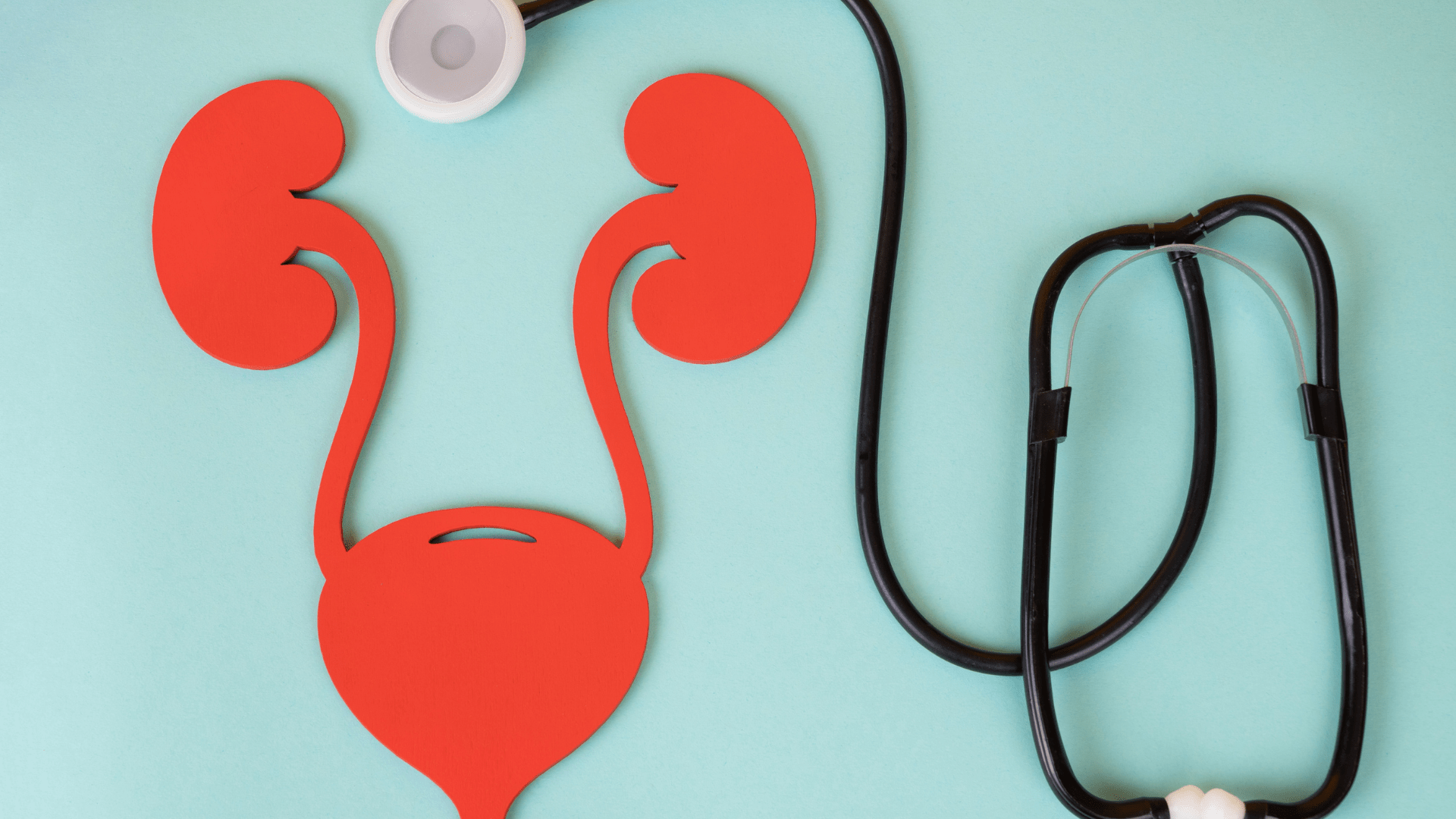You’ve decided it’s baby time. You’re tracking your cycle like a pro, googling every symptom, and doing all the “right” things, but month after month, your period comes, and your heart sinks every single time.
If this sounds like you, take a deep breath. You’re not alone. Most people trying to conceive make small mistakes that can make it harder to get pregnant. So, let’s talk about 5 fertility mistakes you might be making when trying to conceive (TTC), and how to fix them.
1. Not Knowing Your Fertile Window
Most people think knowing just the day of ovulation is enough, but it’s not. If you’re TTC, then your fertile window is actually the real VIP section, and you need to be ready when it opens.
The reason is that ovulation is the phase of your menstrual cycle when your ovary releases a mature egg. That mature egg is a celeb, and she doesn’t like stress. She stays for only 12-24 hours, and if the sperm doesn’t reach her within that time, she dips. The show is over.
This is the part that so many people are not aware of – the sperm can survive in the female reproductive tract for 5 days! So, if you have sex from a day to 5 days before ovulation, the sperm can hang around, fertilise the egg when she shows up, and pregnancy can occur.
Fertitude tip: Know your fertile window and don’t wait until ovulation day to start the baby-making activities. You can read more about how to understand your fertile window and signs of ovulation here, and click on the link at the bottom of this article to use the Fertitude period tracker to help you track it better.
2. Assuming Every Intercourse Is Equal
Not every round of sex counts. It might sound controversial, especially if you’re TTC and have been told things like “as long as you’re having sex multiple times, something will eventually stick.” The truth is that biology isn’t as straightforward. Timing, frequency, and quality are important – and no, not the “great sex, spice up your relationship quality”, but the biological and sperm-survival quality.
Regular sex every 2-3 days throughout your cycle keeps the sperm fresh, motile, and ready. Most people think that they must save the sperm for only ovulation day, but in some men, going long stretches without ejaculation can slightly reduce sperm motility. More motile = fast swimmers and fast swimmers = better chances of pregnancy. We can’t argue with the math.
On the other hand, having sex too many times in one day doesn’t give the sperm enough time to replenish. So, while 5 steamy rounds of sex back to back is great for bonding, it might not be so great when you’re TTC. The key here is balance.
Your cervical mucus (discharge) also does a lot of work. It changes throughout your cycle. Around ovulation, it becomes slippery, stretchy, and looks like raw egg whites. This is not just for decoration, but it is a biological support system that helps sperm swim upward more easily and protects them from the acidic vagina.
Fertitude Tip: Start paying attention to your cervical mucus and aim for sex every 1-2 days during your fertile window. It is not just about more sex = more chances, but well-timed, biologically supported sex = better chances.
3. Forgetting About Male Fertility
Did you know that the male factor contributes to about 40% of infertility cases? But somehow, women often end up carrying the whole burden, the emotional load, and the responsibility.
The truth is that pregnancy is a team sport. You need a healthy egg and healthy sperm. For the sperm to do their job, they need a good count (the number of sperm available), motility (how well they swim), and good morphology (their shape).
The quality of the sperm can be reduced by several medical and lifestyle factors, including:
- Smoking
- Excess alcohol
- Hot environments and high heat exposure (e.g, placing laptops directly on your laps close to your genitals or wearing very tight underwear)
- Infections
- Varicocele (which is when veins in the scrotum are enlarged)
- Chronic stress
- Obesity or poor nutrition
Fertitude Tip: If you’re TTC, then your partner should also be tested and do a semen analysis. It would help to know the quality of the sperm and identify issues early so both of you can take the right steps.
4. Neglecting Lifestyle habits
Lifestyle habits are underrated when it comes to fertility, but your body notices and responds to everything.
- Sleep: If you’re getting 3-4 hours of sleep every day and living on large amounts of caffeine, your hormones will protest. Poor sleep affects not just your mind but your hormones like FSH, LH, oestrogen, and progesterone – the hormones that help coordinate your cycle and ovulation.
- Stress: Chronic stress increases your cortisol levels, which can suppress the hormones that trigger ovulation.
- Diet: You need a balanced diet. Foods rich in omega-3, antioxidants, folate, whole grains, leafy vegetables, and lean proteins help support hormone regulation and egg quality.
- Weight and exercise: Being underweight or overweight can disrupt hormones and ovulation. Moderate exercise supports fertility, but extreme over-exercising can disrupt your cycle. The key here is balance.
- Alcohol and smoking: Smoking affects egg quality, and excess alcohol can affect ovulation.
Fertitude Tip: Don’t ignore these “little” lifestyle habits. Make the right changes and be consistent to help support your fertility journey.
5. Delaying the Doctor’s visit
Sometimes, waiting too long before seeing a doctor delays the help you actually need. If you fall under any of these categories, consider speaking to a doctor:
- If you’re under 35 and have been TTC for a year.
- If you’re over 35 and have been TTC for 6 months.
- If you have symptoms like irregular periods, very painful periods, conditions like endometriosis, fibroids, or PCOS, pelvic infections in the past, thyroid issues, previous miscarriages, a history of pelvic surgery, or if your partner has sperm issues.
Fertitude Tip: Seeing a fertility doctor and getting an early evaluation could give you answers and options.
Final Thoughts
TTC is a journey that comes with periods of frustration and confusion. Avoiding these mistakes can make the journey easier.
If you’re TTC and need to get some more answers, you can speak to a fertility doctor here to get you the help you need.





